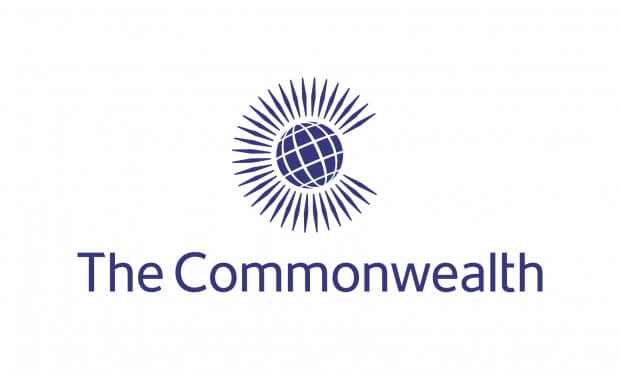
Commonwealth Ministers call for extended financial support for vulnerable nations
The Government has proposed an overall humanitarian budget of NOK 5.5 billion for 2021. The number of people in need of humanitarian assistance and protection worldwide is higher than ever before. With this budget, Norway will continue to be one of the largest humanitarian donors in the world,’ said Minister of Foreign Affairs Ine Eriksen Søreide.
There has been a dramatic rise in humanitarian needs in recent years, due to armed conflict, climate change and poverty in countries and regions affected by fragility. In 2020, the Covid-19 pandemic and the ensuing economic crisis have further exacerbated the situation. Food security has deteriorated, it has become more difficult to provide protection for vulnerable groups, and there has been a sharp increase in sexual and gender-based violence. The restrictions that have been introduced to prevent the spread of the coronavirus have made it difficult for humanitarian organisations to carry out their work.
The number of people in danger of acute food insecurity is expected to increase to 270 million by the end of 2020. The 80 million people currently displaced across the globe are among the most vulnerable. Many of them are living in camps and in cramped conditions, which increases the risk that diseases like Covid-19 will spread.
Through our humanitarian efforts, we will help to save lives, alleviate suffering and provide protection for people affected by both protracted and acute humanitarian crises
‘In response to the growing humanitarian needs, the Government has given humanitarian efforts a historic boost. Since 2013, we have increased the overall humanitarian budget by 67 %. In 2020, we will be the sixth largest humanitarian donor in the world. I am glad that we will uphold a high level of humanitarian funding in 2021,’ Ms Eriksen Søreide said.
In line with the Government’s humanitarian strategy, Norway will work to ensure an effective response in areas where the needs are greatest. In 2021, we will maintain our focus on protection, in particular protection against sexual and gender-based violence, protection of children and young people, and protection of civilians from land mines and other explosives. At the same time, we will promote green humanitarian response, with a view to minimising the negative impacts of our humanitarian efforts on the climate and environment. Norway’s humanitarian funding is channelled primarily through the UN, the International Red Cross and Red Crescent movement, and Norwegian humanitarian organisations.
‘Through our humanitarian efforts, we will help to save lives, alleviate suffering and provide protection for people who are affected by both protracted and acute humanitarian crises. The substantial response to the crisis in Syria will be continued in the years ahead. It is also clear that there has been a sharp rise in humanitarian needs in the Sahel, a region that so far has not been given sufficient support. We will therefore intensify our efforts in the region,’ Ms Eriksen Søreide said.
This year, the Government entered into four-year, strategic partnership agreements with the following Norwegian organisations: Norwegian Refugee Council/Norcap, Norwegian Red Cross, Norwegian Church Aid, Norwegian People’s Aid, Save the Children Norway and Caritas Norway. These agreements, which amount to a combined total of NOK 1.7 billion in funding, will give the organisations the flexibility they need to work strategically

